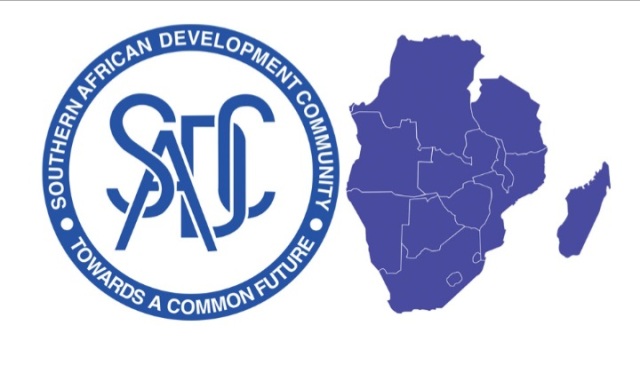|
Getting your Trinity Audio player ready…
|
(September 29, 2023) – “One man cannot surround an anthill,” goes an African proverb that is used to explain in graphic terms how a huge or demanding task is easier accomplished when people work as a team rather than as individuals.
This was one of the ringing recommendations that came out of the Third Regional Dialogue for Non-State Actors on the SADC Regional Indicative Strategic Development Plan (RISDP) 2020-2030 held across five countries from 13-14 September 2023. The theme for the dialogue was “Accelerating SADC’s Development through the Socially Accountable Generation and Use of Public Resources
The SADC RISDP (2020-2030) is a results-oriented plan aimed at consolidating regional integration through infrastructural and industrial development, market integration, social and human capital development and other cross-cutting issues such as the environment, climate change, disaster risk management, gender and youth empowerment.
The regional plan dovetails into SADC Vision 2050, which aims to make the region of over 360 million people, an inclusive, competitive, middle to high-income industrialized region, where all citizens enjoy sustainable economic wellbeing, justice and freedom in a peaceful and secure environment.
To achieve this Herculean task, joining of hands among stakeholders, with the SADC Secretariat taking a central role, working with Member States, business, industry, state and non-state actors, youth and women organizations as well as international cooperating partners becomes imperative.
None of these stakeholders can achieve the objectives of improving the economic and social well-being of the citizens on their own without the cooperation of the others. SADC has already taken steps to ensure cooperation and working together with SADC National Committees (SNCs) and has recently approved a mechanism that will result in improved cooperation with Non-State Actors (NSAs). The SNCs are diverse and incorporate government, private sector and civil society, working together to coordinate and oversee the implementation of regional programmes at the national level.
Part of the recommendations that came out of the third regional dialogue centred on ensuring compliance with the SADC Treaty by ensuring that SNCs are fully and effectively operational. Calls were also made for the SADC Secretariat to promote the adoption by Member States of the SNC guidelines as working tools, and to support resource mobilisation training for Member States to inform the full establishment and/or strengthening of SNCs.
Exhortation was also made for fast-tracking of the NSAs mechanism which will among others see the establishment of an NSAs Liason Office at the Secretariat and the holding of a regular forum between the organisations and SADC. A key aspect is the pending approval of an accreditation mechanism that will be used to accredit the non-state actors by the Secretariat which is due for review by the Council of Ministers in March 2024.
While the establishment of various structures to enable cooperation is necessary, a vital point that was raised as a means to ensure that SADC citizens can hold the leadership and other stakeholders accountable in the rollout of various developmental programmes was that the Secretariat, as well as the Member States, should ensure that people are fully aware and involved in regional, national and local level initiatives.
One of the biggest challenges that SADC has faced since its establishment in 1980 as the then Southern Africa Development Co-ordination Conference before it was renamed in 992, is that citizens have generally viewed it as a political organisation which largely attends to the needs of political leaders rather than the generality of its people. People have struggled to see what the benefit of the existence of the organisation or being part of it has been to their countries and lives as individuals. Issues such as the absence of the SADC Visa, a common currency, and standardized working conditions are among the topical issues citizens want addressed.
But this is not to say that SADC has not made meaningful contributions to the well-being of the region. The programmes and achievements need to be better communicated. Among such achievements is that SADC has largely ensured that the region is one of the most peaceful on the continent, a key foundational issue for any meaningful development to take place.
Without the participation of the citizens, any programme that is implemented by the Secretariat, Member States or other partners will not achieve the desired results. The SADC Secretariat has since advised that it is re-working its communications plan to ensure that any gaps that existed before in ensuring that all its programmes are well known in the region are addressed. In line with this objective, one of the recommendations from the third regional dialogue was that the Secretariat must ensure that regional documents on strategies, and police among others are easily accessible on the different communications platforms.
Better communication and linkages between SADC and its citizens, SADC and critical stakeholders such as NSAs will ensure that development goals are easily attained. As the elders have said time and again, “One man cannot surround an anthill”, but indeed, “Teamwork divides the task and multiplies the success.”
A combination of forces between the Secretariat and NSAs, which are both working towards the same ideals of improving the livelihoods of the citizens, can ensure that they make some of the citizens’ desires a reality.
